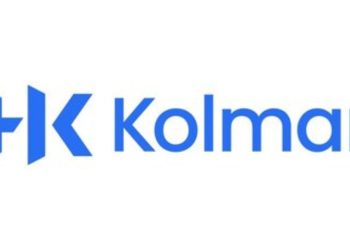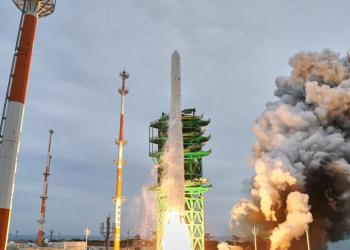South Korean President Yoon Suk Yeol announced on Monday his commitment to extending tax incentives for investments in the local semiconductor sector, emphasizing the objective of stimulating employment growth and attracting fresh talent.
The Ministry of Trade, Industry, and Energy disclosed the vision to build the world’s largest semiconductor cluster in Gyeonggi Province by 2047. In this, major players such as Samsung Electronics and SK Hynix intend to contribute a colossal sum of 622 trillion won ($472 billion) to construct 16 fabs, a move anticipated to generate over 3 million employment opportunities.
In discussions with both international leaders and industry stakeholders, President Yoon Suk Yeol often highlights South Korea’s notable presence in global conversations. “When I talk to heads of state, what I talk about most about South Korea is BTS and semiconductors,” Yoon said in his recent meeting.
Expanding the mega cluster, the government’s strategic plan involves 19 production fabs and two research fabs across adjacent cities in Gyeonggi Province. This expansive chip cluster, covering an extensive area of 2,102 square meters, aims to yield 7.7 million wafers per month from 2030 onwards.
The blueprint, emphasizing collaboration between public and private sectors, aims to reinforce South Korea’s semiconductor industry by providing essential infrastructure support and fostering expertise in the field.
Originally introduced in January 2023, the tax breaks aimed at encouraging semiconductor investments were set to conclude this year. President Yoon affirmed the government’s commitment, stating, “Tax deduction for semiconductor investments is supposed to expire this year, but we will extend the effect of the law to continue with an investment tax deduction.” Addressing concerns about potential favoritism toward large conglomerates, Yoon emphasized the broader economic benefits, asserting that increased investments in the semiconductor sector would result in expanded employment opportunities and enhanced state tax revenue over the long term.
Amidst intensifying global competition, mainly from Japan and Taiwan, both aggressively advancing their own chip sectors, South Korea aims to be resolute in safeguarding a cornerstone of its economy.
Within the expansive new cluster, Samsung Electronics plans to allocate 360 trillion won to construct six fabs at a national industrial complex in Yongin. Complementing this endeavor, Samsung plans to establish three additional factories in Pyeongtaek, investing 120 trillion won, and three research factories at an R&D center in Giheung District, with a budget of 20 trillion won. Simultaneously, SK Hynix is set to contribute 122 trillion won to erect four factories at another industrial complex in Yongin.
This collaborative effort involving the industry ministry, the Ministry of Science and ICT, and private chip giants aims to create an environment conducive to producing advanced memory chips, including high bandwidth memory (HBM) and system semiconductors measuring 2 nanometers or less in size.
The industry ministry highlighted the cluster’s strategic goals, targeting a 10% share of the global system semiconductor market and a self-sufficiency increase in key material supply chains from 30% to 50% by 2030.
Also Read:
- South Korean President Yoon Suk Yeol Partnership with the Netherlands for Semiconductor
- President Yoon Urges Big Investments in Super-Giant AI
- Samsung Research President Outlines AI Vision for Samsung
- Korean Government Unveils KASA, Aiming for 10% Share in Global Aerospace Market
- SK Hynix Launches Probe Amid Reports of Its Chips in U.S.-Sanctioned Huawei Phone





